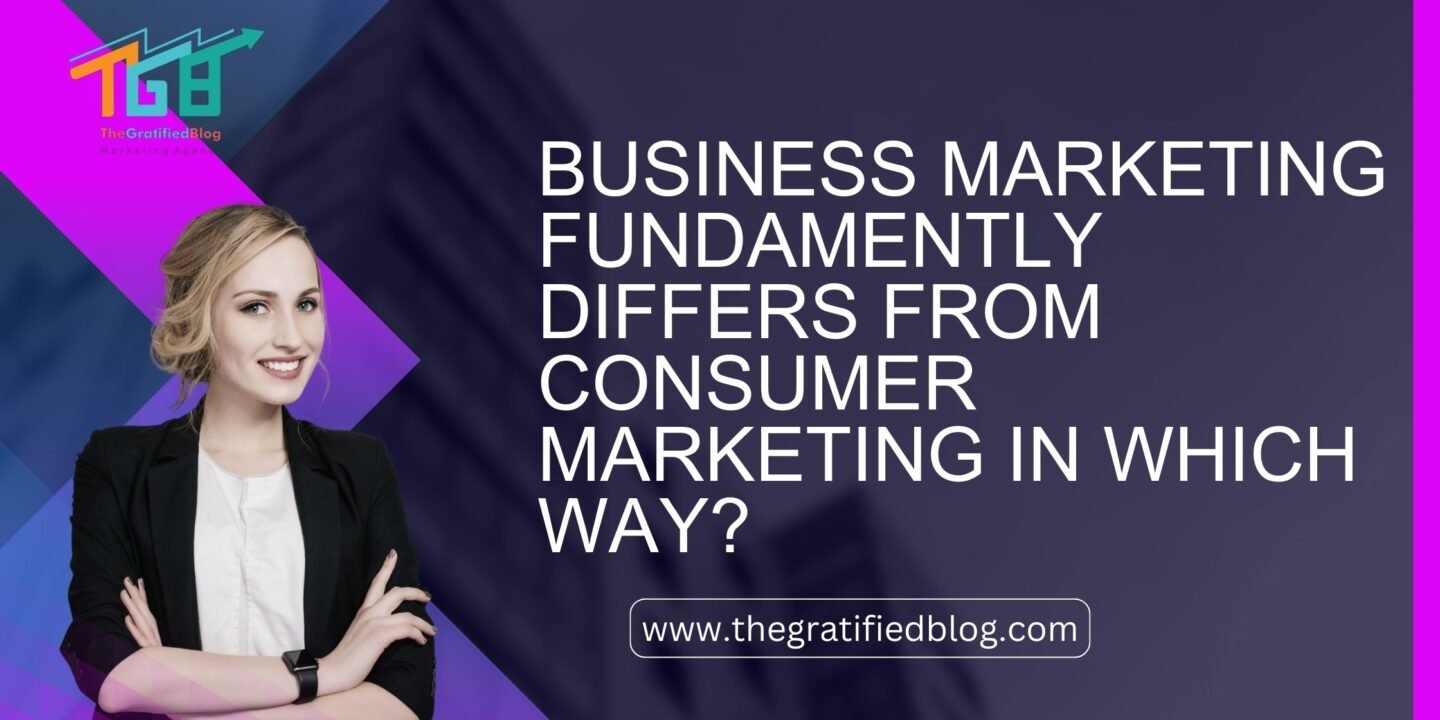
“How Does business marketing fundamentally differ from consumer marketing?” In the intricate landscape of marketing, two predominant realms, business marketing and consumer marketing, stand out as vital components shaping the success of enterprises. The question at the forefront of strategic considerations is: “How does business marketing fundamentally differ from consumer marketing?”
This blog seeks to untangle the nuances between these two essential pillars of marketing strategy. As we embark on this exploration, we’ll dissect the distinctive approaches and strategies employed by each, shedding light on the critical divergences that businesses must comprehend to navigate the dynamic realm of marketing effectively. Join us in unraveling the answer to the pivotal question: how do business marketing and consumer marketing fundamentally differ?
What Is The Business Market?
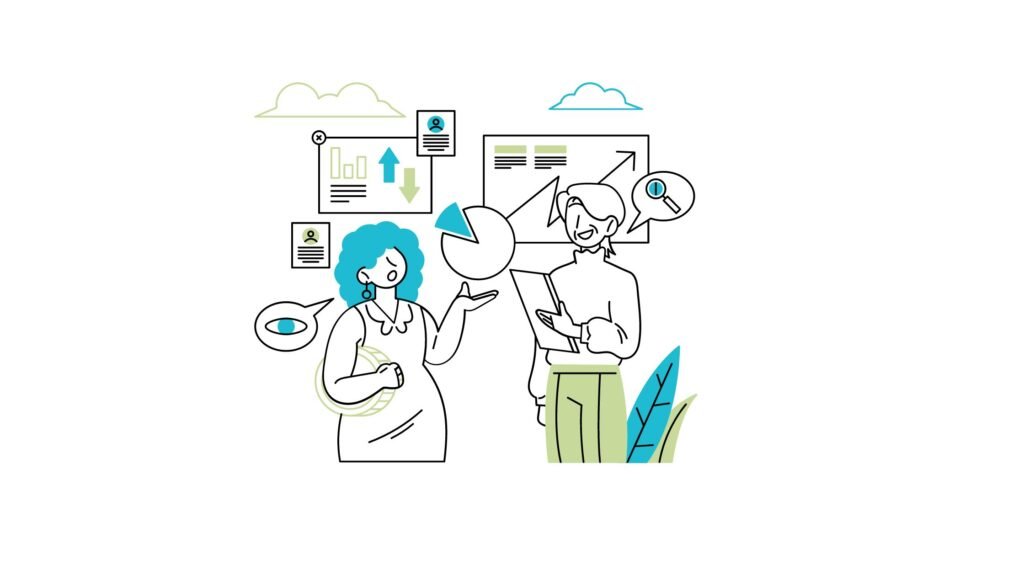
A business market, often referred to as the B2B (business-to-business) market, is a market in which companies and organizations buy and sell products, services, or solutions to one another rather than to individual consumers. In the business market, the primary customers are other businesses, and the transactions often involve larger quantities and more complex purchasing processes than in consumer markets.
What Is The Consumer Market?
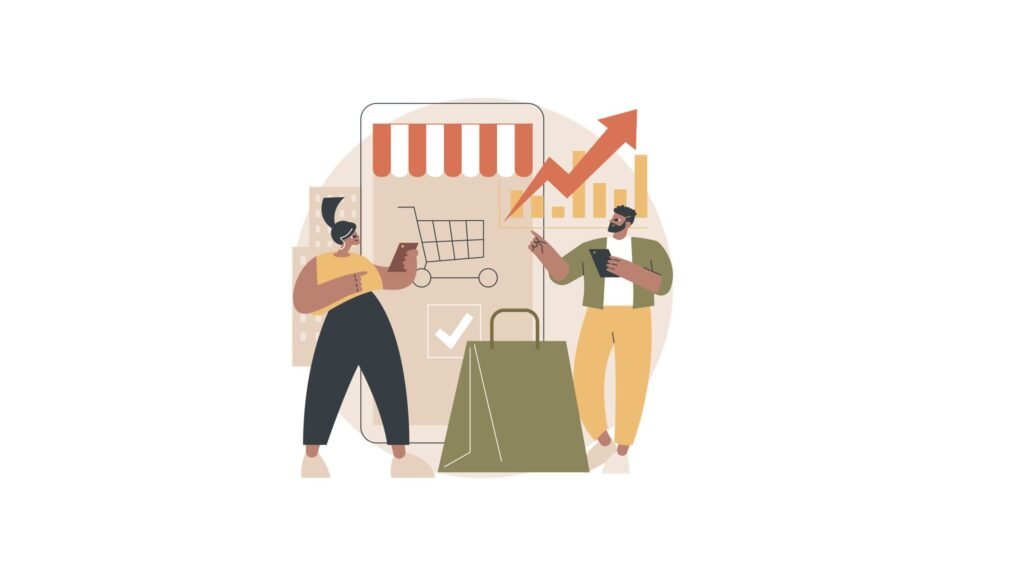
A consumer market, often called the B2C (business-to-consumer) market, is a market in which businesses and companies sell products, services, or solutions directly to individual consumers or households. In the consumer market, the primary customers are unique people who make purchasing decisions for personal or family use. This market represents the exchange of goods and services between businesses and individual consumers.
What Are The Five Categories Of Customer Markets?
The five types of customer markets are as follows:
- Consumer Market: This market consists of individual consumers or households purchasing goods and services for personal use and consumption. It’s the most common and widely recognized type of customer market. Businesses targeting this market must consider consumer preferences, lifestyle, and buying behavior.
- Business Market (B2B Market): The business market includes organizations, institutions, and companies that purchase products or services for their operations, production, or resale. Businesses in this market typically make more significant and complex purchasing decisions, often involving long-term contracts and negotiations.
- Government Market: The government market comprises various government entities, including federal, state, and local governments. These entities purchase many goods and services to support their operations and provide public services. Selling to the government often involves navigating complex procurement processes and compliance requirements.
- International Market: The international market, often navigated with the help of a “market finder,” involves selling products or services to customers in international markets. To expand their global reach, businesses operating in this market must carefully consider cultural differences, international trade regulations, currency exchange rates, and logistical challenges.
- Reseller Market: The reseller market includes intermediaries or resellers, such as wholesalers, retailers, and distributors. These businesses purchase products from manufacturers or suppliers and then sell them to consumers or other businesses. Understanding the needs and preferences of resellers is crucial for manufacturers and suppliers looking to reach a broader market.
How Does Business Marketing Fundamentally Differ From Consumer Marketing?
Business and consumer marketing, often referred to as B2B (business-to-business) and B2C (business-to-consumer) marketing, respectively, have fundamental differences in their approaches, strategies, and target audiences. Here are some key distinctions:
Target Audience
- Business marketing (B2B) targets other businesses, organizations, or institutions as customers. This typically involves selling products or services that cater to other businesses’ specific needs and requirements.
- Consumer marketing (B2C) targets individual consumers as customers. The focus is on appealing to personal preferences, emotions, and desires.
Decision-Making Process
- Business marketing (B2B) involves a complex decision-making process, often requiring the consensus of multiple stakeholders within the business. Factors like cost-effectiveness, efficiency, and return on investment are critical.
- Consumer marketing (B2C) involves a shorter and less formal decision-making process. Consumers make personal purchasing decisions based on emotional triggers, brand perception, and convenience.
Product Complexity
- Business marketing (B2B) typically involves complex and specialized products or services requiring in-depth technical knowledge and customization. These offerings are tailored to meet the specific needs of businesses.
- Consumer marketing (B2C) focuses on products or services that are generally less complex and are often aimed at a mass market. Simplicity and ease of use are often prioritized.
Marketing Channels
- Business marketing utilizes channels such as trade shows, industry-specific publications, professional networks, and online platforms like LinkedIn. It often involves a more personalized and relationship-driven approach.
- To reach a large consumer audience, consumer marketing employs a broader range of channels, including television, social media, email marketing, and traditional advertising.
Content And Messaging
- Business Marketing (B2B): Content and messaging are typically data-driven and focused on a product or service’s technical and functional aspects. Whitepapers, case studies, and detailed specifications are standard content formats.
- Consumer Marketing: Content and messaging focus on emotional appeal, storytelling, and connecting with individual consumers. Messages are designed to resonate with consumers’ desires, needs, and aspirations.
Relationship Building
- Business marketing emphasizes building and maintaining long-term relationships with business clients. Trust, reliability, and ongoing support are significant in B2B marketing.
- While relationships with individual consumers are still meaningful, the focus is often on creating a positive brand image and fostering brand loyalty.
By examining the critical disparities between these two forms of marketing, you’ll gain valuable insights into the distinct approaches businesses employ to reach their chosen target audience effectively.
Let’s delve into the question:
Business Marketing Fundamentally Differs From Consumer Marketing In Which Way?
The options are:
- Consumer marketing is done purely to create social change for the benefit of society.
- With business marketing, the marketer is guaranteed a profit on each exchange with the buyer.
- Business marketing involves buyers who intend to resell the product or use it in the creation of other products.✅
- Consumer marketing involves industrial, reseller, and government buyers.
Consumer marketing involves reaching individual consumers, while business marketing, often referred to as B2B (business-to-business) marketing, centers around selling products or services to other enterprises. In B2B marketing, the buyers are typically businesses or organizations that intend to either resell the purchased products or use them as components in creating other products or services. This fundamental difference in the target audience distinguishes business marketing from consumer marketing.
What Is An Example Of A Business Market And A Consumer Market?
Here are examples of a business market and a consumer market:
Example Of Business Market (B2B): Office Furniture Suppliers
- Businesses manufacturing and selling office furniture, such as desks, chairs, and cubicles, primarily target other businesses.
- Office furniture suppliers may cater to corporate offices, government agencies, educational institutions, and healthcare facilities.
- The decision-making process in this B2B market often involves multiple stakeholders, including procurement managers, facility managers, and executives.
Example Of Consumer Market (B2C): Smartphone Manufacturers
- Companies that produce smartphones, like Apple and Samsung, primarily target individual consumers.
- The decision-making process in the consumer market is typically more straightforward, with individuals making purchasing decisions based on personal preferences and needs.
- Smartphone manufacturers use advertising and marketing strategies aimed at the general public to create brand awareness and drive consumer sales.
Conclusion
Business market and consumer marketing differ significantly. These distinctions are essential for tailored strategies that resonate with each audience.
To excel in both realms, businesses must adapt their approaches. B2B focuses on relationships and rational appeals, while B2C relies on emotions and impulse purchases. Understanding these differences is critical to successful marketing.
We’d love to hear your thoughts on B2B and B2C marketing. Share your thoughts and questions in the comments section. Your insights are invaluable!




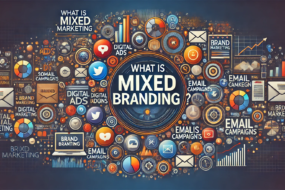

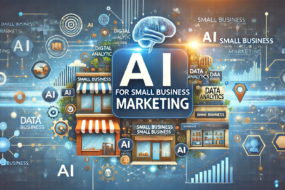

No Comments